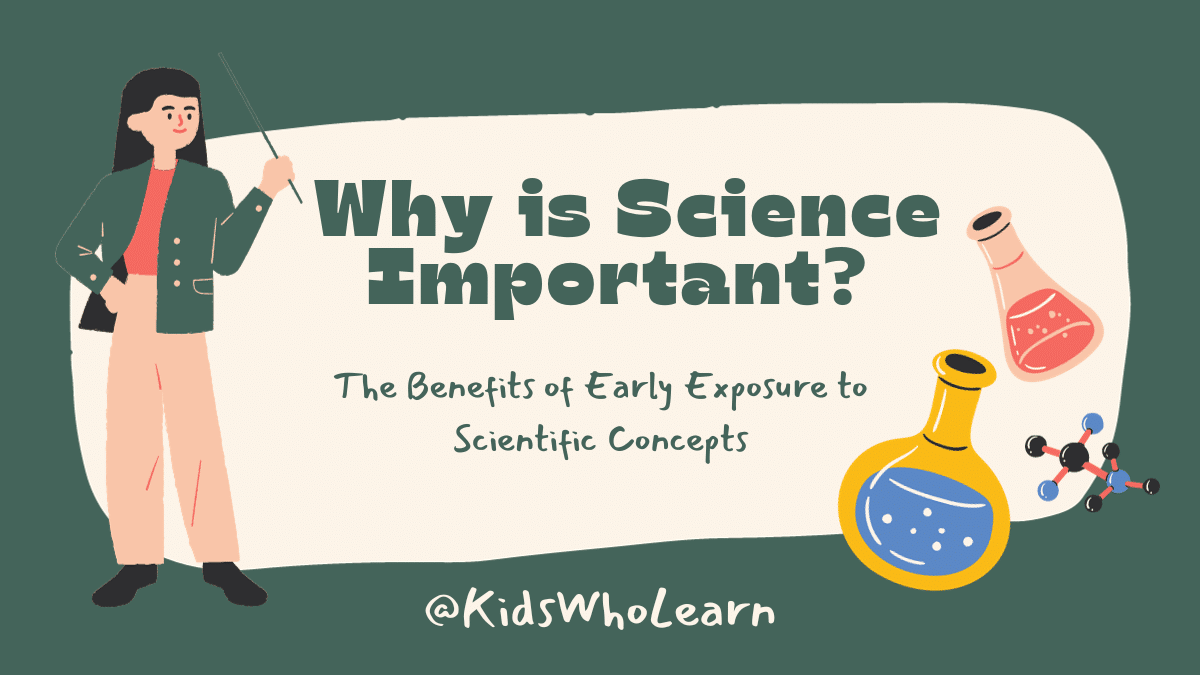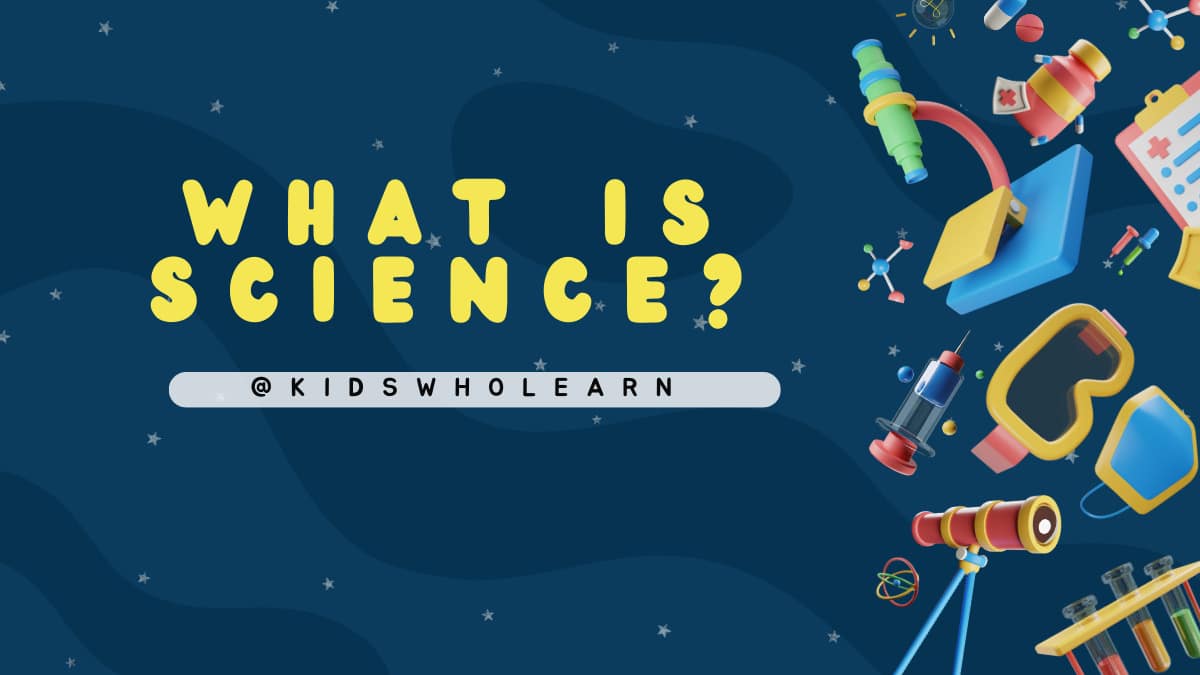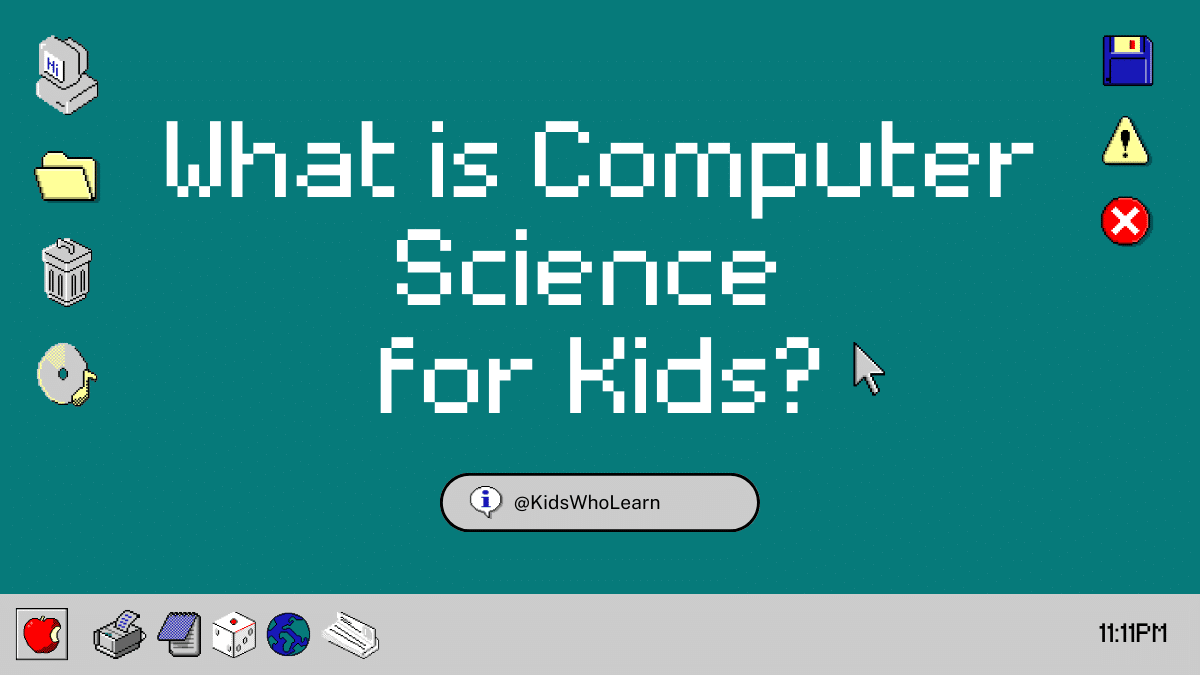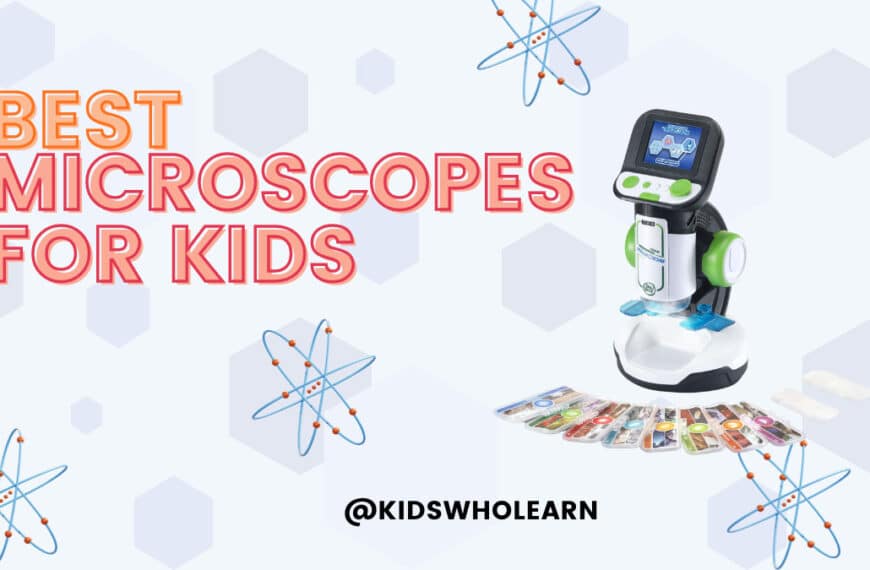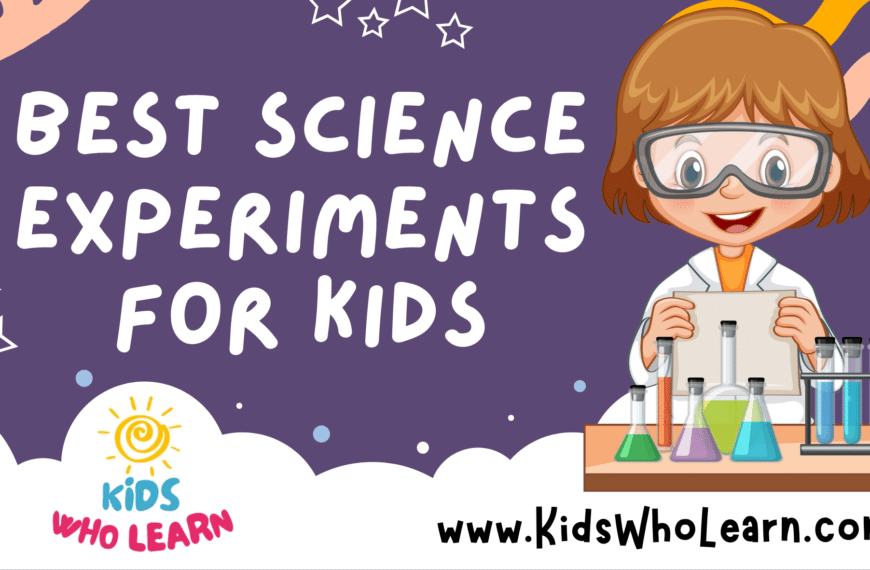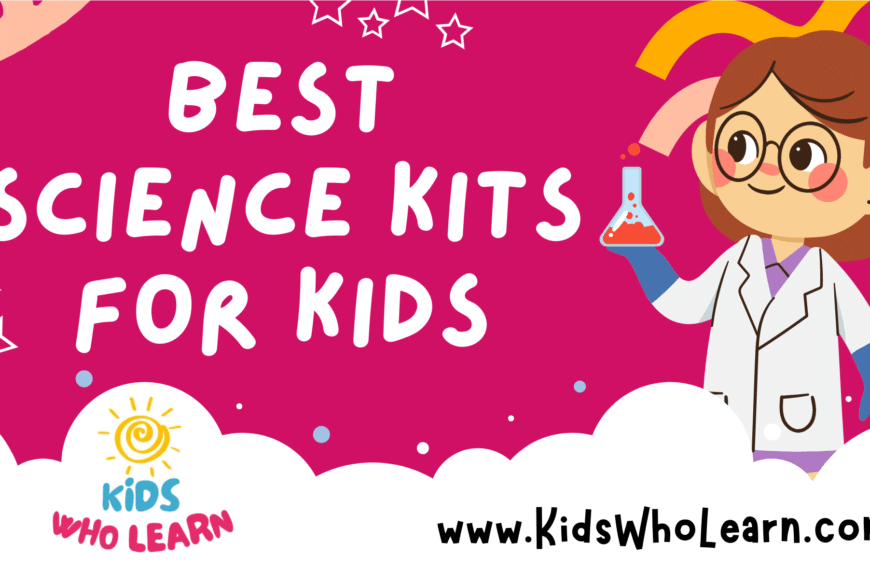Science is an essential part of our daily lives, and it plays a crucial role in shaping our future. It is a fascinating subject that helps us understand the world around us. Science is not just about conducting experiments or memorizing facts; it is about developing critical thinking skills and problem-solving abilities. Therefore, it is crucial to introduce kids to science at an early age.
Science education for kids is essential because it helps them develop a better understanding of the world. It encourages kids to ask questions, think critically, and explore the world around them. Science education can help kids develop a sense of curiosity and wonder, which can lead to a lifelong love of learning. It also helps them understand the importance of evidence-based reasoning and critical thinking.
Science education can also help kids develop important life skills. It can help them develop problem-solving abilities, analytical skills, and creativity. Science education can also help kids develop communication skills, as they learn to explain complex ideas and concepts in simple terms. Overall, science education is essential for kids to develop a better understanding of the world and to prepare them for the challenges of the future.
Understanding Science
What is Science?
Science is the study of the natural world and how it works. It involves observing, experimenting, and analyzing data to understand the world around us. Science is not just a collection of facts, but a process of discovery that helps us to better understand the world and make informed decisions.
The Scientific Method
The scientific method is a systematic approach to solving problems and answering questions. It involves several steps:
- Observation: You observe something in the natural world and ask a question about it.
- Hypothesis: You propose a possible explanation for the observation.
- Experimentation: You design and conduct experiments to test the hypothesis.
- Analysis: You analyze the data collected from the experiments to determine if the hypothesis is supported or not.
- Conclusion: You draw conclusions based on the results of the analysis.
The scientific method is important because it allows scientists to test their ideas and determine if they are accurate or not. It is a way of ensuring that scientific discoveries are based on evidence and not just speculation.
In conclusion, understanding science is important for kids because it helps them to better understand the world around them and make informed decisions. By learning about the scientific method, kids can develop critical thinking skills and become better problem solvers.
Importance of Science for Kids
Science is an essential subject for kids to learn. It helps them to understand the world around them and make sense of the things they see and experience. Here are some reasons why science is so important for kids:
Cultivating Curiosity
Science is all about exploring and discovering new things. It encourages kids to ask questions, investigate, and find answers. By engaging in scientific activities, kids can develop a sense of curiosity about the world and a desire to learn more. This can lead to a lifelong love of learning and a passion for discovery.
Developing Critical Thinking Skills
Science requires kids to think critically and analyze information. They need to be able to evaluate evidence, draw conclusions, and make predictions based on what they observe. By practicing these skills, kids can become better problem-solvers and decision-makers. They can learn to think for themselves and make informed choices based on evidence and logic.
Promoting Problem Solving Skills
Science is all about solving problems. Whether it’s figuring out how to make a balloon rocket fly or how to grow a plant, science activities require kids to think creatively and come up with solutions to challenges. By practicing problem-solving skills, kids can become more confident and independent learners. They can learn to approach challenges with a positive attitude and a willingness to try new things.
In summary, science is an important subject for kids to learn. It helps them to develop curiosity, critical thinking skills, and problem-solving skills. By engaging in scientific activities, kids can become better learners and more confident, independent thinkers.
Science in Everyday Life
Science is all around us, and it plays a significant role in our everyday lives. From the food we eat to the clothes we wear, science is involved in every aspect of our daily routine. In this section, we will explore how science impacts our daily lives and how it can benefit children.
Examples in Daily Routine
Science is all about observation, experimentation, and discovery. It helps us understand the world around us and make informed decisions. Here are a few examples of how science is involved in our daily routine.
- Cooking: Science is involved in every step of the cooking process, from measuring ingredients to adjusting cooking times and temperatures. Understanding the science of cooking can help you create delicious meals and make cooking more enjoyable.
- Healthcare: Science plays a critical role in healthcare, from the development of vaccines to the diagnosis and treatment of diseases. Understanding the science behind healthcare can help you make informed decisions about your health and well-being.
- Transportation: Science is involved in the design and development of cars, planes, and other modes of transportation. Understanding the science of transportation can help you make informed decisions about how you travel and how you can reduce your impact on the environment.
Science in Play
Science can be fun and exciting, especially for children. Here are a few examples of how science can be incorporated into playtime.
- Experimentation: Children can conduct simple experiments at home, such as mixing baking soda and vinegar to create a chemical reaction or making a volcano out of clay and baking soda. These experiments can help children understand basic scientific concepts and develop critical thinking skills.
- Building and Engineering: Building with blocks, Legos, or other construction toys can help children develop spatial reasoning skills and an understanding of basic engineering principles.
- Nature Exploration: Spending time in nature can help children develop an appreciation for the natural world and an understanding of basic scientific concepts, such as the water cycle or the life cycle of plants and animals.
Incorporating science into daily routines and playtime can help children develop an understanding and appreciation for the world around them. By encouraging children to explore and experiment, we can help foster a lifelong love of learning and discovery.
Science and Future Careers
As a parent or educator, you may be wondering why it’s important for kids to learn about science. One of the key reasons is that science can open up a world of future career opportunities for them. Here are some ways that science can play a role in various professions and how it can help prepare your child for the future.
Science in Various Professions
Science is an essential component of many careers, from healthcare to engineering to environmental science. Here are just a few examples:
- Healthcare: Doctors, nurses, and other healthcare professionals rely on scientific knowledge to diagnose and treat patients. Understanding biology, chemistry, and physics is crucial for developing new treatments and technologies.
- Engineering: Engineers use scientific principles to design and build everything from bridges to smartphones. They need to understand physics, chemistry, and materials science to create safe and effective products.
- Environmental Science: Environmental scientists study the natural world and how humans impact it. They need a strong foundation in biology, chemistry, and physics to understand the complex interactions between living and nonliving systems.
Preparing for the Future
Even if your child doesn’t know what they want to be when they grow up, learning about science can help them develop important skills and knowledge that will be valuable in any career. Here are a few ways that science education can help prepare your child for the future:
- Problem-solving: Science is all about asking questions and finding answers. By learning how to design experiments and analyze data, your child will develop critical thinking and problem-solving skills that will be useful in any career.
- Creativity: Science is also a creative endeavor. Scientists need to think outside the box to come up with new ideas and solutions. Encouraging your child to explore science can help them develop their imagination and creativity.
- Global Awareness: Science is a global enterprise, and many of the biggest challenges facing our world today have scientific dimensions. Learning about science can help your child understand global issues like climate change, energy, and public health.
In conclusion, science education is essential for preparing kids for future careers and for life in general. By learning about science, your child will develop important skills and knowledge that will help them succeed in whatever path they choose.
Conclusion
Encouraging kids to learn about science is crucial for their future development. By introducing them to scientific concepts at an early age, you can help them develop critical thinking skills, problem-solving abilities, and a love for learning.
Science education can also help kids understand the world around them and how it works. They can learn about the environment, technology, and medicine, which can help them make informed decisions as they grow up.
Moreover, science education can help kids develop a sense of curiosity and wonder about the world. They can learn about the mysteries of the universe and the amazing things that scientists have discovered. This can inspire them to pursue careers in science and technology, which can lead to important breakthroughs and advancements in the future.
Overall, science education is an essential part of a child’s education. By introducing them to scientific concepts and encouraging them to explore the world around them, you can help them develop important skills and a lifelong love of learning.

